– In accordance with parliamentary traditions, I will report on the events that have taken place since the end of the spring session and outline the government's plans, Prime Minister Viktor Orban stated in his address at the opening of the autumn session of the National Assembly. He reminded lawmakers that, as of mid-September, Hungary was facing serious threats because of the flood.
– The defense was organized and orderly. We managed to avert the danger, PM Orban declared, expressing gratitude to everyone who participated in the flood protection efforts.
In times of trouble, we, Hungarians, show unmatched unity,
– the prime minister emphasized. He noted that, compared against the 2013 floods, the Hungarian state has become more efficient and organized and that the decision to strengthen the defense lines in recent years proven to be a good one. He indicated that 435 billion forints have been allocated to flood protection in recent years and announced that the water authority will soon present its flood report to the government, after which lawmakers are to decide on further flood defense developments.
Developments and investments
PM Orban indicated that this summer, 40,000 children enjoyed vacations at the Erzsebet camps on the shores of Lake Balaton. In terms of developments, he emphasized that in recent years, 1,400 billion forints have been spent to renovate kindergartens and schools.
– The government has completed the Dunakeszi student district, an educational center capable of accommodating 1,500 students, he noted. Concerning the start of the school year, he stressed that 13 million textbooks were distributed, adding that 1.2 million students received free textbooks.
PM Orban described the digital citizenship program as one of the government's largest development projects, which allows users to verify their identity via their smartphones. Additionally, the Gondosóra program has continued.
Praising the performance of tourism, PM Orban underlined that this summer was a record-breaking one for Hungarian tourism.
Never before have so many Hungarians vacationed in the country, and never have we received so many tourists,"
– Mr. Orban said.
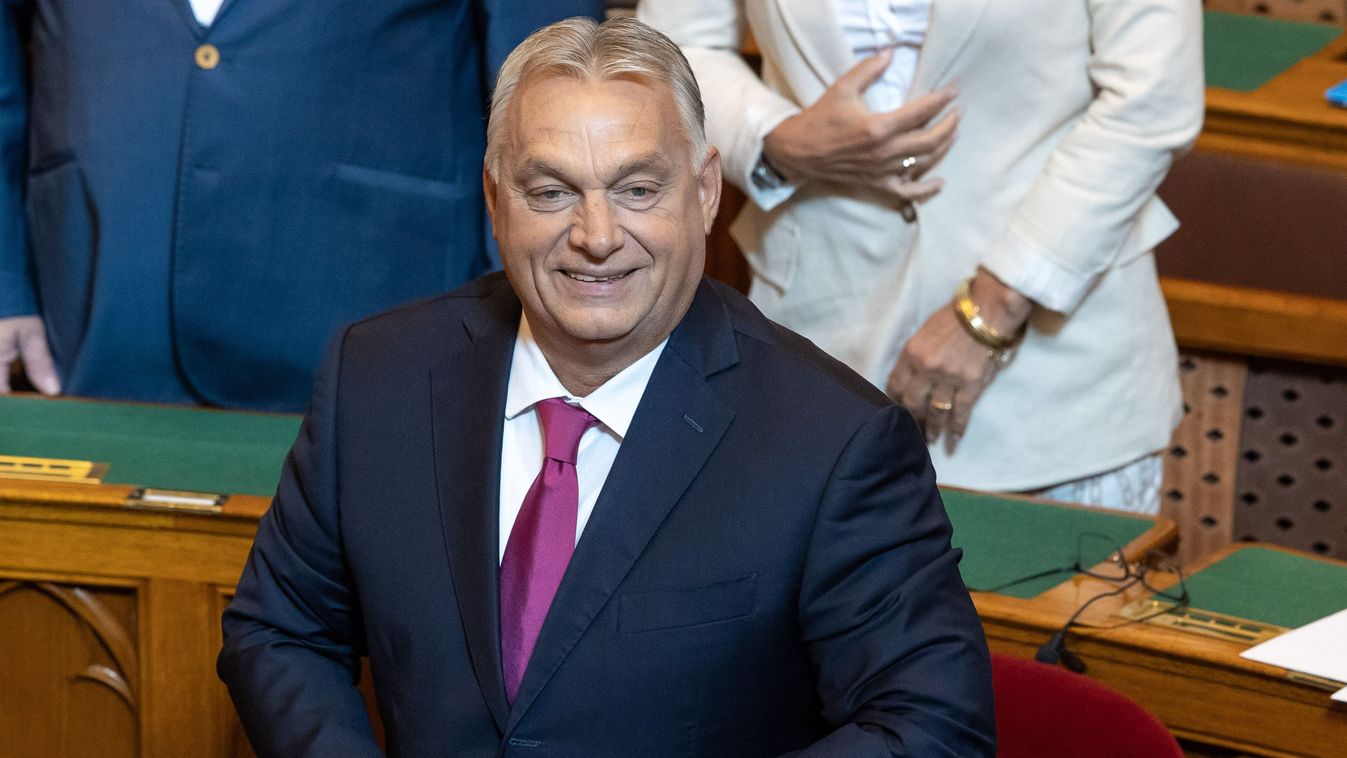
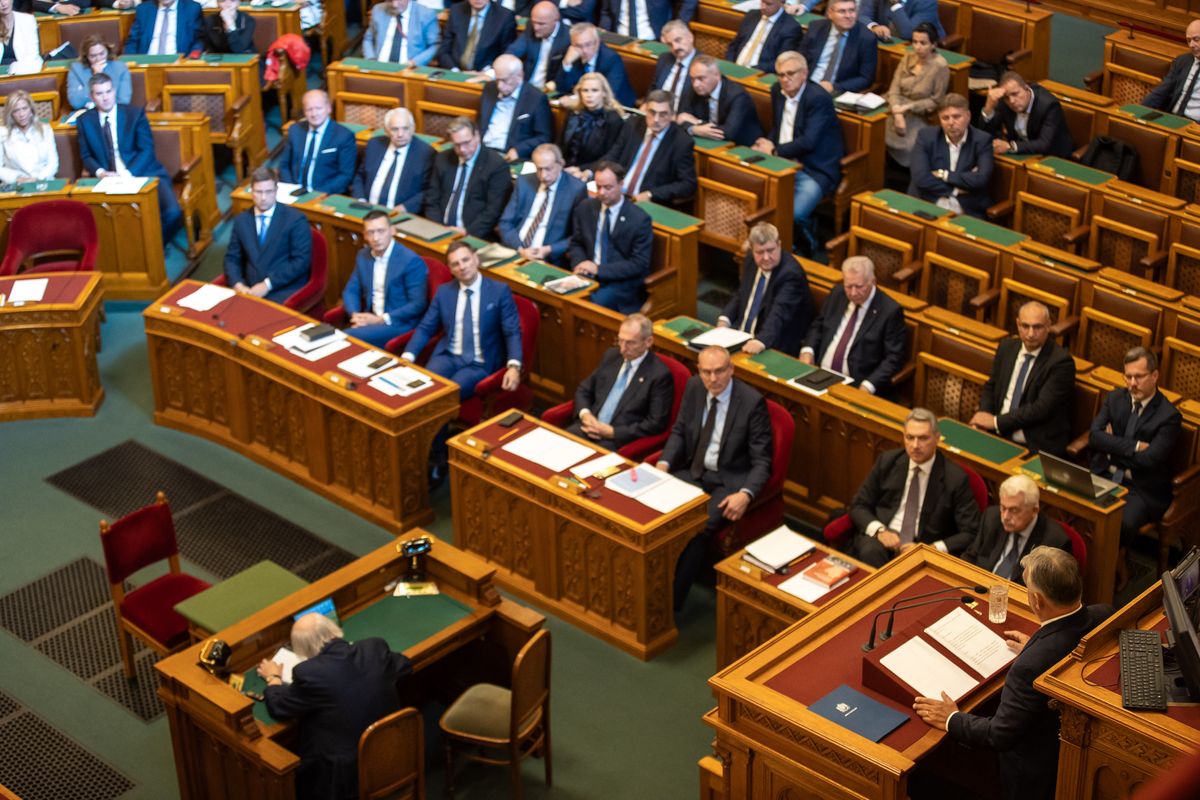
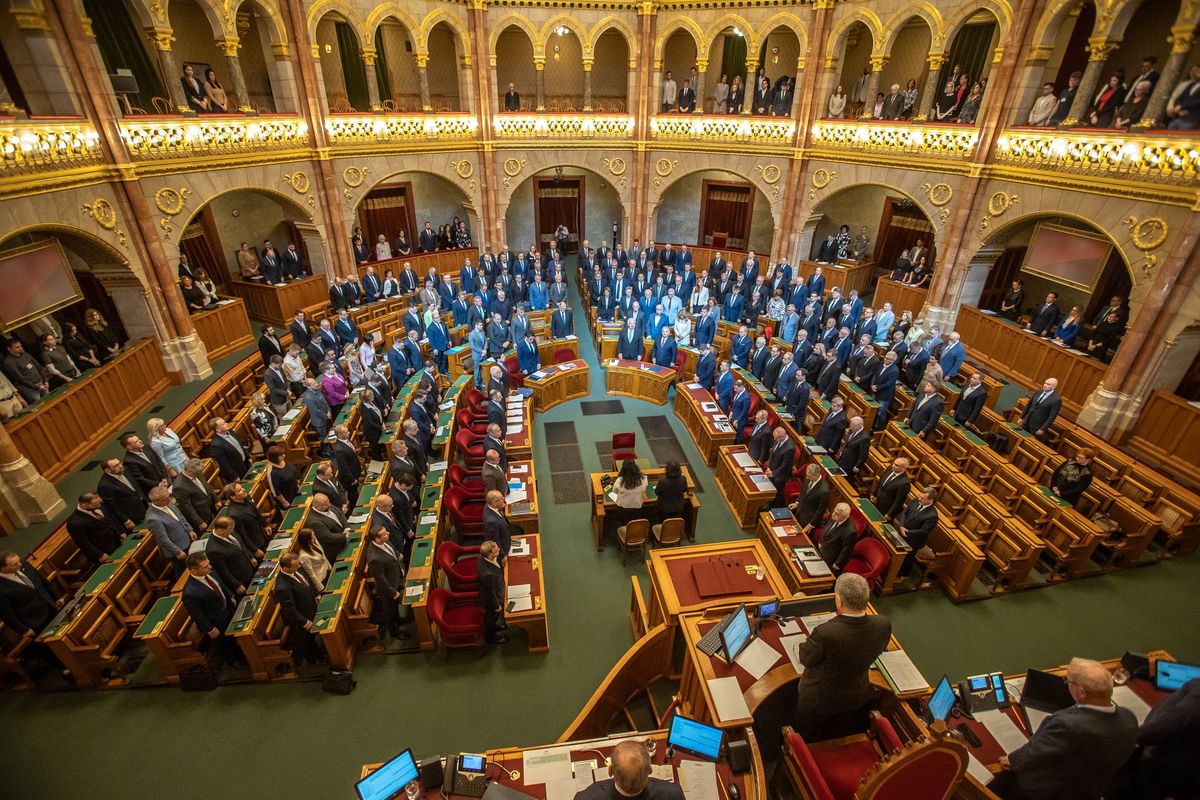
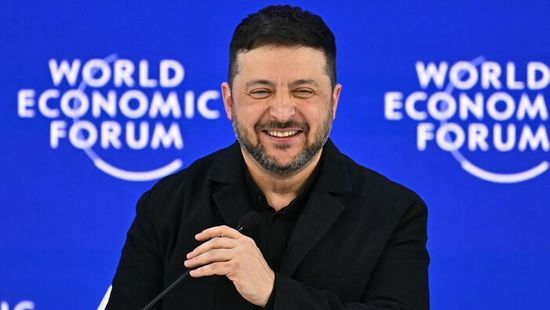
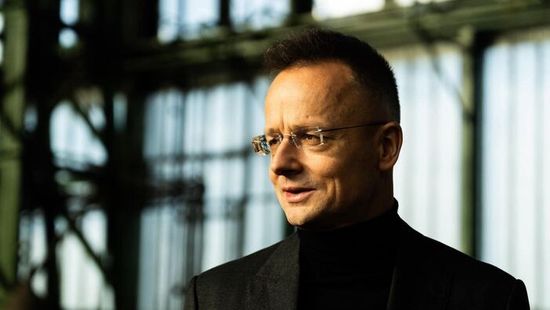
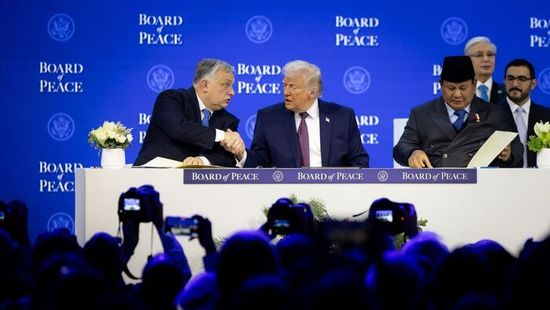
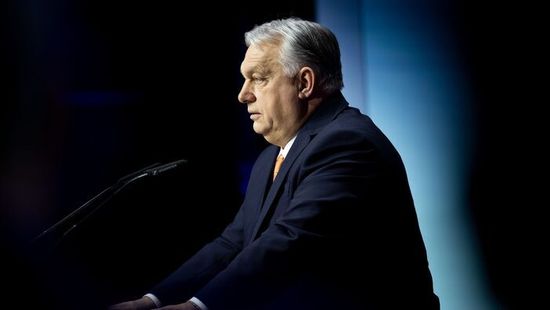



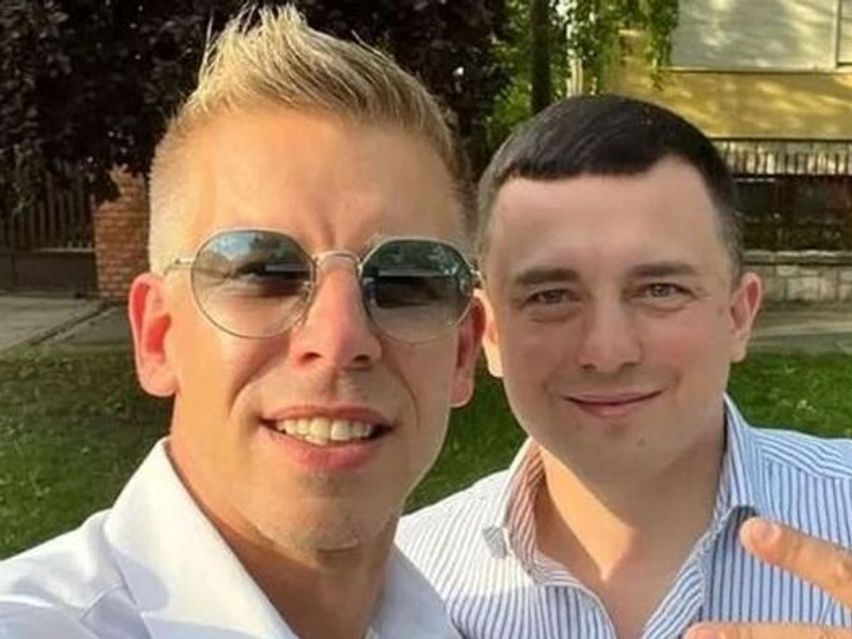



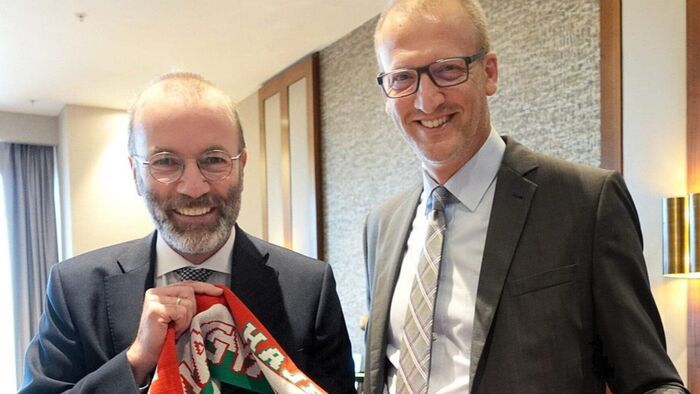
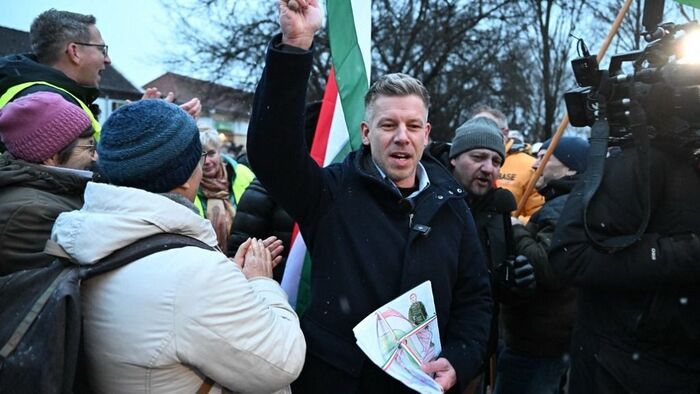
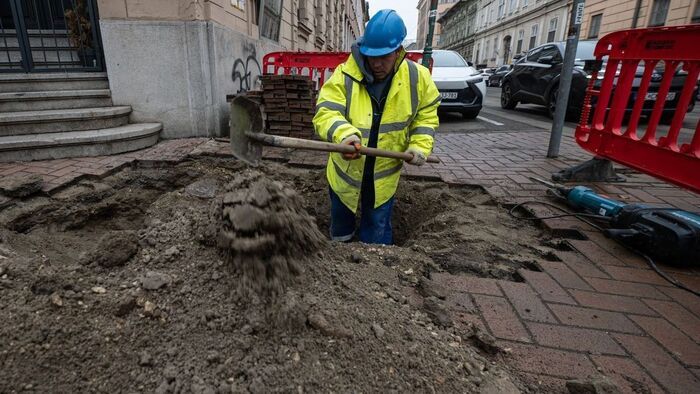
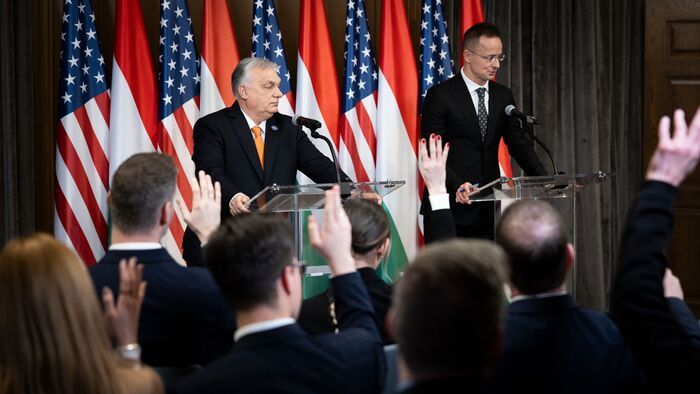
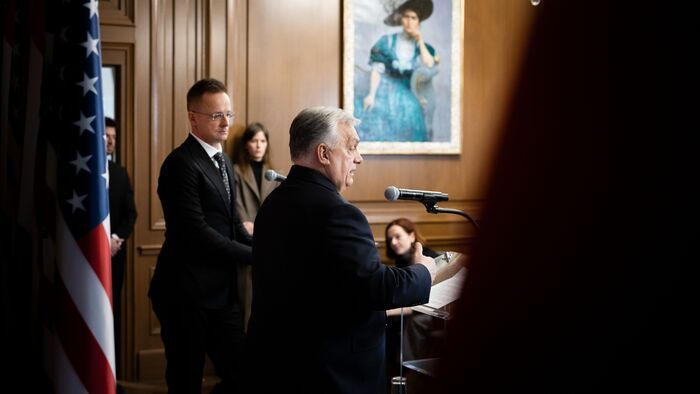
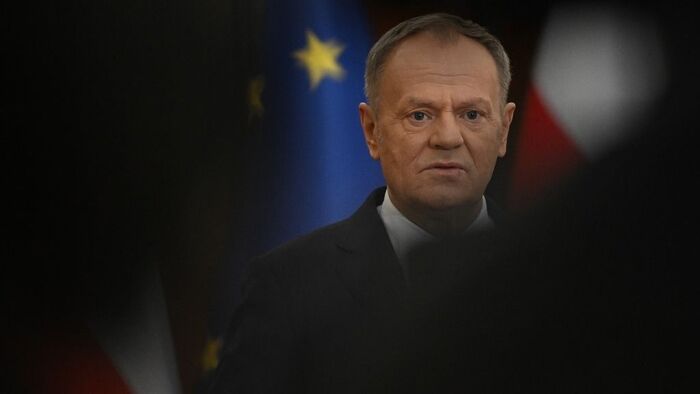





Szóljon hozzá!
Jelenleg csak a hozzászólások egy kis részét látja. Hozzászóláshoz és a további kommentek megtekintéséhez lépjen be, vagy regisztráljon!